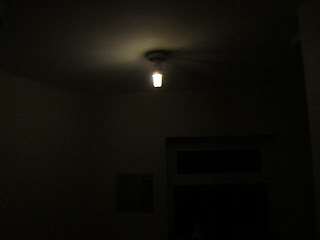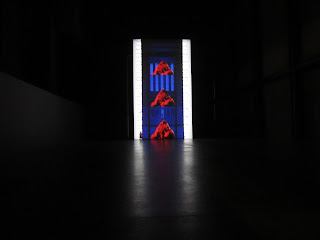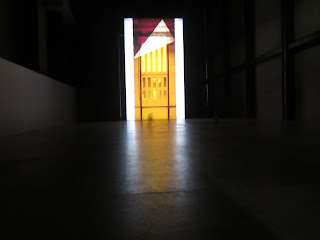But you seem to have abandoned them in favor of endless
light
I cannot say that I think the change much of an
improvement.
There is something fearful in these summer nights that go on
forever. . . .
-from 'The Skaters' (in the collection Rivers And Mountains), by John Ashbery.
filled with saints, heroes, beggars, madmen,
filled with banality and booze,
filled with rain and thunder and periods of
drought, a poem is a city at war.
a poem is a city asking the clock why,
a poem is a city burning,
a poem is a city under guns
its barbershops filled with cynical drunks,
-from 'a poem is a city' (in the collection The Days Run Away Like Wild Horses Over The Hills), by Charles Bukowski.
yours was the most cruel
and I was smoke in your mirror
and you sluiced your hair with jade,
but you were a woman and I was a
boy, but boy enough for an iron bed
and man enough for wine
and you.
-from 'for one I knew' (in the collection The Days Run Away Like Wild Horses Over The Hills), by Charles Bukowski
may care to mention.
Not that I am not afraid, but there is very little time left.
-from 'The Skaters' (in the collection Rivers And Mountains), by John Ashbery.
In the sea, murmering a heartfelt prayer:
"My soul, when I paint this next portrait
Let it be you who wrecks the canvas."
The news spread like wildfire through the buildings:
He had gone back to the sea for his subject.
-from 'The Painter' (in the collection Some Trees), by John Ashbery.
that is not mine, but is a made place,
that is mine, it is so near the heart,
an eternal pasture folded in all thought
so that there is a hall therein
that is a made place, created by light
wherefrom the shadows that are forms fall.
-from 'Often I am Permitted to Return to a Meadow' (in the collection The Opening of the Field), by Robert Duncan.
How all beings into all beings pass,
How the great Beasts eat the human Grass,
And the faces of Men in the World's Glass
Are faces of Apes, Birds, Diamonds,
Worlds and insubstantial Shapes
Conjured out of the dust - Alas!
These things I know.
Worlds out of Worlds in Magic grow.
-from 'The Ballad of the Enamord Mage' (in the collection The Opening of the Field), by Robert Duncan.
as the world strives to unlock the bone that weights its brain.
(God is a lonely place without steak.)
-from 'poem for personnel managers' (in the collection The Days Run Away Like Wild Horses Over The Hills), by Charles Bukowski
backs
and all the buildings burned in
golden fire,
if heaven shook like a belly dancer
and all the atom bombs began to
cry,
some people would be young and nothing
else,
and the rest would be the same
the rest would be the same.
-from 'footnote upon the construction of the masses:' (in the collection The Days Run Away Like Wild Horses Over The Hills), by Charles Bukowski
(good job, marriage, investments in the market)
what is left of
myself.
-from 'these mad windows that taste life and cut me if I go through them' (in the collection The Days Run Away Like Wild Horses Over The Hills), by Charles Bukowski
my father
more real than God
and they could have stepped on my
feet but they didn't
they could have done all kinds of horrors
but they didn't
-from 'ice for the eagles' (in the collection The Days Run Away Like Wild Horses Over The Hills), by Charles Bukowski
This is what you wanted to hear, so why
Did you think of listening to something else? We are all
talkers
It is true, but underneath the talk lies
The moving and not wanting to be moved, the loose
Meaning, untidy and simple like a threshing floor.
-from 'Soonest Mended' (in the collection The Double Dream of Spring), by John Ashbery.
In the flickering bulbs of the sky, raised past us, taken away
from us.
Yet ours over and over until the end that is past truth,
The being of our sentences, in the climate that fostered them,
Not ours to own, like a book, but to be with, and sometimes
To be without, alone and desperate.
-from 'Soonest Mended' (in the collection The Double Dream of Spring), by John Ashbery.






















